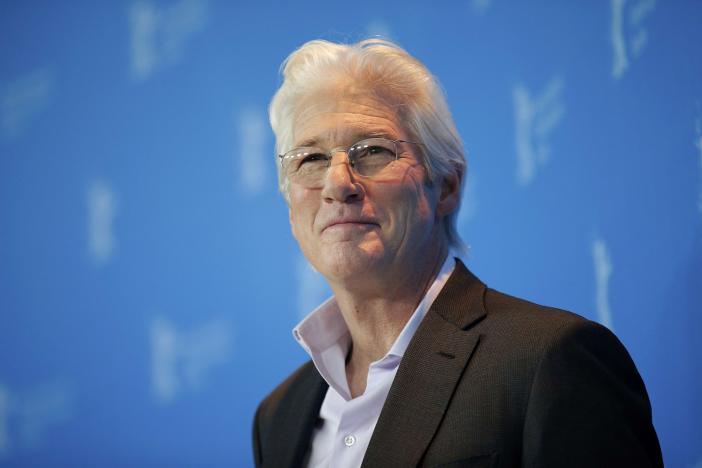
Bribery can be defined as an economic gratification paid by an individual (or organisation) to acquire an economic, social or political favour from an official in a public or private sector organisation, in violation of the formal rules and procedures of that organisation. The phenomenon of systemic bribery, suggests the emergence of a secondary market for enabling services ranging from stealing electricity, police protection for criminals, getting government contracts at inflated prices, and regular tax evasion. Such a secondary market emerges only when the enforcement of formal rules is weak and the norms of honesty and justice have eroded.
Systemic bribery hinders investment and sustained economic growth because: a) Investors face increased uncertainty, b) Bribery increases the cost of investment and is therefore another disincentive for potential investors, c) As a significant proportion of private sector resources directed at new projects flow to corrupt government officials rather than productive investment, there is a lower GDP growth for given levels of investment and d) An increase in the cost per unit of goods and services produced in a bribery infested economy would lead to lack of competitiveness in the international market and hence adversely affect exports.
If the magnitude of aggregate bribery in the macroeconomy is large, then it will accentuate the inequality in the distribution of disposable incomes in three ways: a) Low-income groups have to pay a higher percentage of their incomes for accessing public services compared to the upper income groups, b) Bribery related leakages of government tax revenue and revenues from services such as electricity, water and gas will ceteris paribus increase the fiscal deficit with the usual recourse to increased indirect taxation which is inherently regressive. Almost 70 per cent of tax revenue is drawn from indirect taxation. Evidence from Pakistan shows that the tax burden as a percentage of income was highest at 6.8 per cent for the lowest income group and was lowest at minus 4.3 per cent for the highest income group. Thus, the burden of bribery is borne predominantly by the poor. Finally, c) High levels of bribery means that for given levels of development expenditure there would be fewer and poorer quality goods and services in the public sector.
Clearly, bribery restricts economic growth and at the same time accentuates income inequality. Yet, it is only one of the myriad rents that are built into the institutional structure of the economy and constitute a fundamental constraint to sustained growth and social justice. Rents are unearned incomes. Rent is defined as a rate of return on an asset (including skills) which is greater than the opportunity cost of that asset. Thus, for example, rent is the difference between the money value of the income and perks that a government official gets compared with what she/he would have received for her/his skills in a competitive market. Similarly, the price that a consumer pays for a domestically manufactured car (under conditions of high protective import duties) is much higher than the price he would have paid under competitive conditions.
The institutional structure of Pakistan’s economy is designed to generate rents for the elite at the expense of the middle classes and the poor. It is this structural characteristic of the economy and not just bribery that prevents sustained high economic growth and equity.
Published in The Express Tribune, December 17th, 2012.
COMMENTS (12)
Comments are moderated and generally will be posted if they are on-topic and not abusive.
For more information, please see our Comments FAQ

1732271743-0/diddy-(45)1732271743-0-165x106.webp)










the basis of the corruption is that we think that being sons and daughters of babur and ghauri - it is ok to do looting.
@Falcon: Quite right. But in a society still beholden to patronage, people tend to vote for those who promise any kind of 'service' rather than someone promising justice in abstract terms.
Rent Raving again??
@Walayat Malik: PTI has made some very good recommendations on this front under its economic policy. It requires a combination of many initiatives including organizational re-structuring, better governance controls, autonomous institutions, more competent and well paid bureaucracy, strengthening of right to information act, and taking away discretionary development funds from MNAs / MPAs.
When we set Urgent fee and normal fee for any procedures, then actually we set the start of corruption. Any urgent procedure of our society should be on logical and need basis but not on more fee basis.
As long as our politicians are corrupt & inept, Pakistan is never going to move forward. Politicians are legislature, they are the policy makers, they appoint important personnel in different institutions, they have to represent their people who voted them but unfortunately all they do is to look after their personal interest. When your higher ups are corrupt & disregard the law of land then you can never expect other state organs to work properly. Pakistanis have to vote wisely now or at least be more vocal, real power lies with the people IF they are UNITED.
When you cheat on every day issues, you run from the big decisions when required. Nothing corrodes a society more than corruption of thought and actions.
The writer has just described what is already known albeit in a very literary way. I wish he had given the solution to amend this situation. Easiest solution in my view is to reform the police system and make a law to make rent taking strictly punishable. Taking commission on procurements and contracts is a crime in the Western countries and so is tax evasion. Can’t Pakistan do the same?
@Maula Jut: Agree with you. But don't you think it is an inefficient and painful solution to ask millions of people in the weaker strata of society to change rather than electing responsible leadership to begin with?
In other words, some people are like parasites, eating into the society's resources by way of bribery or rent. They are subjecting the rest to sacrifice not once but twice. What about the mafias involved in extortion? As joint ventures between those in authority and the criminal gangs? Bottom line is still the same. Politics should not become a financial enterprise. But only the people can bring that about. It appears that the people in general are not so averse to giving or accepting bribes or kickbacks. We are in it for the long haul.
Corruption is the mother of all ills of a society. Just control this evil, the others will diminish spontaneously.